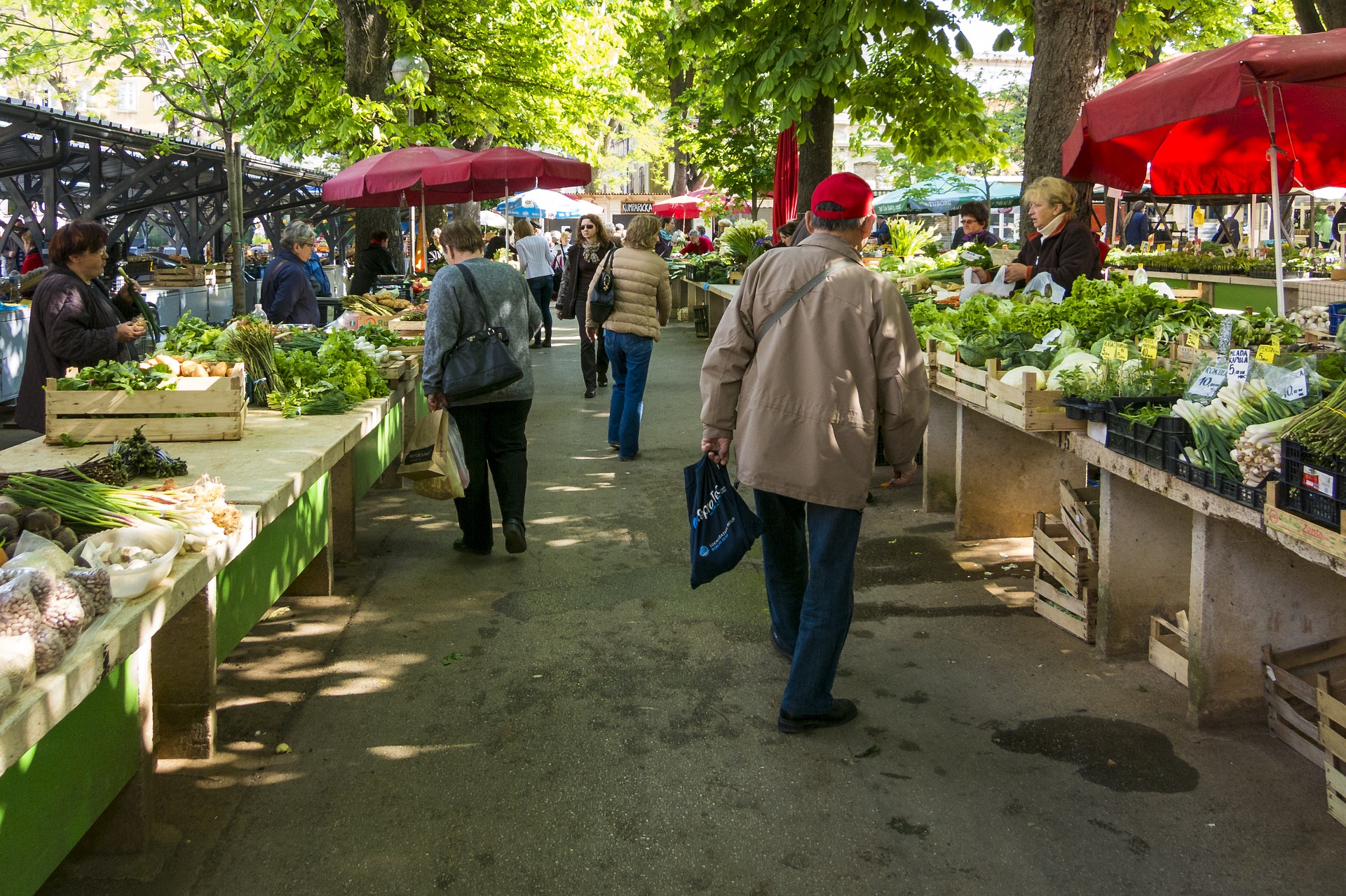Engaging Restaurants and Markets to Rebuild a Regional Food System
Author: Alexina Cather | Published: December, 2016
Betsy Fink is co-chair of Marshall Street Management and Trustee of the Fink Family Foundation, which seeks to move communities toward a more balanced, sustainable relationship with the environment. She served on the Founding board of Wholesome Wave and the board of American Farmland Trust. In 2005, she established Millstone Farm in Wilton, CT, a working farm dedicated to increasing networks for local food production and consumption, and engaging local restaurants and markets to rebuild a regional food system. Betsy previously held management positions at both Prodigy Services and Priceline.com, specializing in technical project management.
Food Tank (FT): What inspired you to get involved in organic farming and sustainable communities?
Betsy Fink (BF): I have a vision of healthy food grown in a manner that enhances the environment and doesn’t destroy it, a food system that understands the need for biodiversity and our ecosystems, and a farming community that treats our livestock humanely. All of these components require sharing of knowledge and educating our communities. I was inspired to understand and learn for myself to become a better philanthropist, impact investor, and citizen of this planet.
FT: You established Millstone Farm in Connecticut as an incubator for resilient solutions for community-based food systems. Can you talk about how the farm practices sustainable agriculture and emphasizes the importance of local food production?
BF: When I purchased Millstone Farm, I wanted to learn first-hand how to grow my own food and understand the ecosystem needed to enhance regional food systems. For us, a primary component in building a sustainable, regional food system is creating relationships. Relationships forge trust and drive interaction and action for improvement. As farmers we need to know where our seeds come from, who is slaughtering our livestock, and what our customers need. Millstone Farm uses best management practices, only organic products and has also become Animal Welfare Approved (AWA).
We have experienced staff who teach and train various interns, CSA members and visitors on our farming practices. This interaction with the community, whether it’s through workshops, Farm-to-Fork dinners or community events, is another key aspect of how Millstone has emphasized the importance of sustainable agriculture and local food production. After ten wonderful years helping build our regional food system and providing a platform for many activities, we are moving out of Connecticut and will sell the farm. Our greatest hope is that we find new owners who will continue to steward the land and evolve the activities, maintaining the integrity of the land and mission.
For ten years we have been focused on cultivating the land, cultivating human capital on the farm, and creating a consistent “experience” for anyone who steps on the farm, attends a conference or workshop on the property, or buys and enjoys our produce and value- added products at a restaurant, supermarket, or at home. Each Millstone Experience is another connection to the land and sustainable practices. It starts one mouth at a time, one child at a time, one school teacher or cafeteria nutritionist at a time, and believe it or not, one hedge fund manager at a time who has the “Millstone Experience” at a farm to table dinner.

